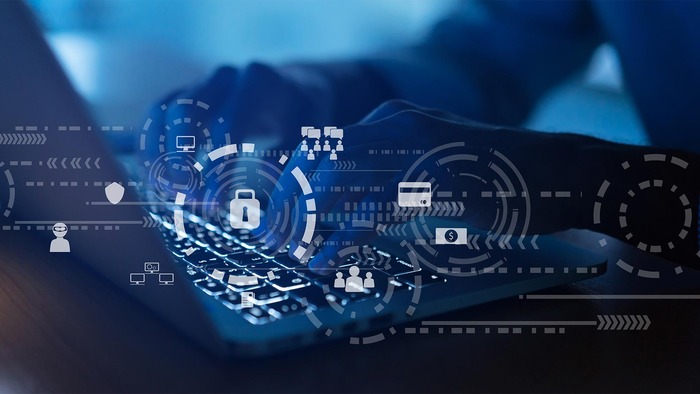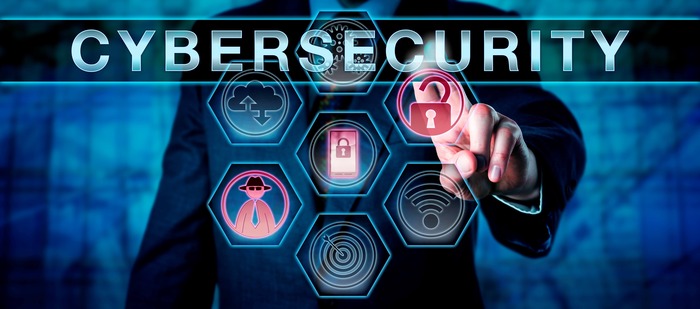Cybersecurity is more important than ever for modern companies. The data they store and the sources they collect it from make them vulnerable to a data breach and the loss of reputation that follows.
Despite the intense scrutiny on cybersecurity, few firms have seriously looked at the state of physical device security. Internet of Things or IoT devices are present in every important process within modern companies. While traditional cybersecurity platforms secure networks, they fall short of securing the devices themselves.
In response to this gap, the White House announced the launch of the Cyber Trust Mark program that aims to become the “energy star for IoT cybersecurity.” The program aims to grade IoT devices based on their security features and is expected to have major ripple effects on the industry.
Here are a few of them.
First Movers will Secure an Advantage
The Cyber Trust Mark program is still nascent so beyond media coverage, the market will likely not witness much movement. However, in the short term, IoT device manufacturers will get to work understanding the requirements and analyzing the implications for their products.
As with every technological advance, first movers will likely gain a huge advantage. Those with the
Cyber Trust Mark will receive a positive brand lift, increasing their reputation in the market. While consumers might take a while to understand the label’s implications, its weight in the long run is guaranteed to impact brand choices.
Companies will likely weigh the cost of incorporating the label’s requirements versus costs in the short term. For instance, should they overhaul current devices or incorporate them only into new ones? Time will tell how these decisions play out.
For now, though, the label is all set to benefit firms that take advantage of it as quickly as possible.
Retrofitted Devices will Increase
While the cost of retrofitting existing devices might be too much for some companies, we can expect devices operating in critical industries to come with retrofits. For instance, IoT devices operating in the defense sector are already held to a high standard.
The launch of the Cyber Trust Mark will likely push manufacturers in the IoT industry to evaluate the reach of their devices. For instance, some devices used in the defense industry might also have consumer variants. Should those be retrofitted too?
Security via the mark could become a critical brand differentiator, allowing companies to charge premium prices. The effect of those higher revenues could justify further investment in retrofits.
On the other hand, companies might decide to retrofit devices they deem critical while focusing on upgrades to future devices. This approach will reduce costs in the short term while giving the company greater revenues in the long run. However, if public perception shifts in the short term, these companies will likely suffer.
Much remains to be decided in this space but forward-thinking companies will initiate basic retrofits to preserve their reputation and focus on the Cyber Trust Mark as a differentiator in the long run.
IoT is Set to Become Even More Advanced
IoT devices are technologically advanced compared to other physical devices. However, the Cyber Trust Mark is set to boost the degree of development in the industry immeasurably.
For starters, IoT devices will become more secure than ever. As their security features grow, IoT will become more of a staple in sectors like healthcare, defense, and manufacturing, creating even more incentives for development.
The Mark also effectively acts as regulation for the IoT sector and regulation has always spurred development. In short, IoT is now regulated and is set to experience innovation since Mark’s guidelines provide developers with a good idea of how they ought to direct their efforts.
Security Will Shift
Cybersecurity has so far focused on securing networks as opposed to devices. Device security has lagged as a result, with hardware prone to breaches. Most firms secure devices physically through manual security processes.
However, such processes are difficult to scale. With the Mark’s launch, IoT manufacturers now have a standard to follow and the security industry will see a shift toward physical security taking as much importance as network security.
These developments will lead to the rise of a separate industry or niche, catered to protecting devices physically. Some big cybersecurity names might branch into this niche, integrating these new solutions with their existing ones.
In short, security is set to shift and become broader, which is great news for the industry as a whole.
The Future is Promising
IoT is set to receive a boost with the launch of the Cyber Trust Mark. While the implications outlined in this article will take some time to develop, there’s no doubt that IoT is set to benefit immensely from the new regulations in the sector.


